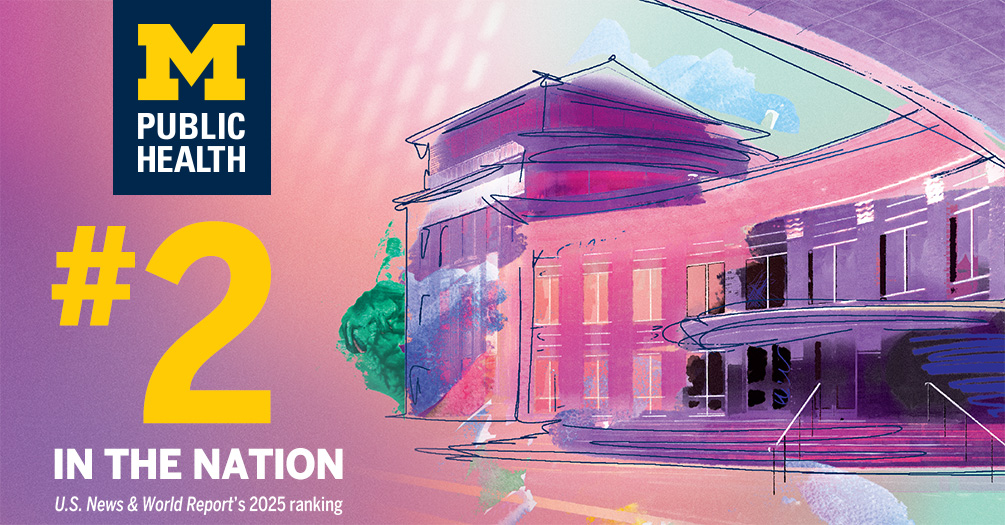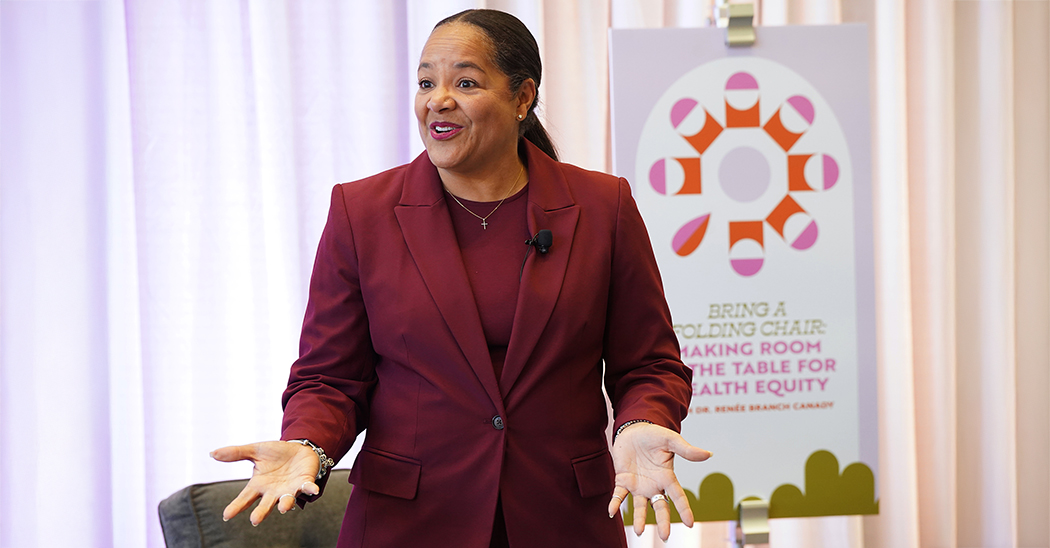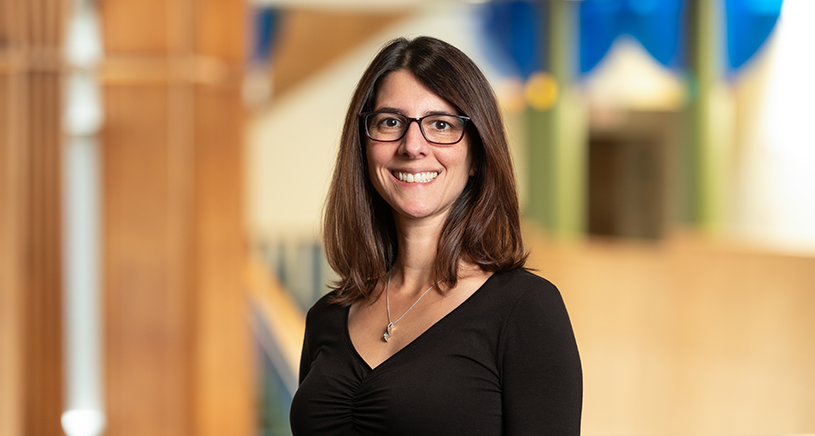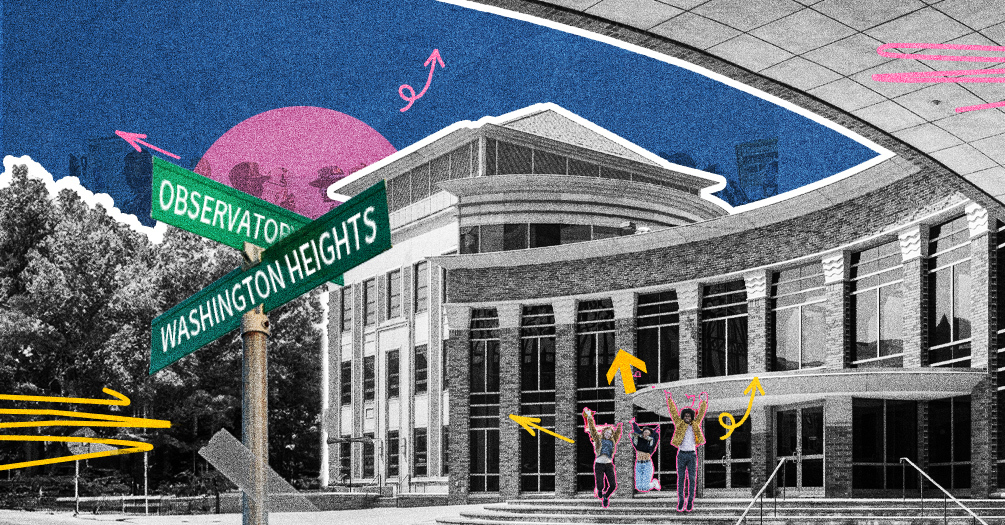
Biostatisticians use machine learning approach to improve risk prediction for recurrent health events
"Random forest" algorithm outperforms traditional methods for predicting patient flare-ups, even with incomplete medical histories
A new machine learning approach developed by University of Michigan School of Public Health researchers better predicts when patients might experience recurring health events like disease flare-ups or hospitalizations, even when patient follow-up data is incomplete.





